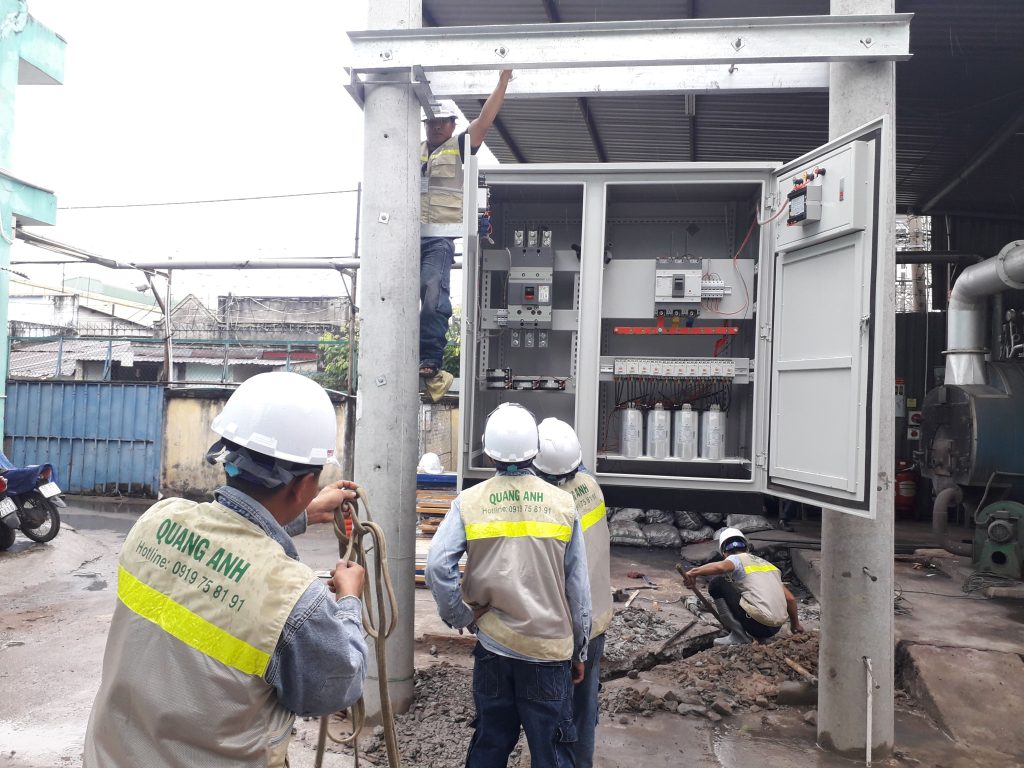News
What Investors Need to Know When Hiring an HVAC Contractor
When hiring an HVAC contractor, investors need to consider important criteria and selection processes to ensure systems run efficiently and sustainably. This helps comply with legal and workplace safety regulations.
Criteria for Selecting an HVAC Contractor
When hiring an HVAC contractor, the first thing to consider is experience and professional capacity. The contractor needs practical experience with similar projects, such as designing, constructing, and operating HVAC systems, especially for high-standard facilities like cleanrooms or industrial sites. This ensures HVAC systems are installed and operated efficiently, and meet complex technical requirements.
Selecting an HVAC contractor requires careful evaluation of several essential criteria to ensure the effectiveness and sustainability of the project. First and foremost, the reputation and experience of the contractor are key points to focus on. Reviewing their operational history, past projects, and customer feedback will help determine the execution capability of the HVAC contractor. Strong commitment from contractors not to resell and comprehensive responsibility are crucial elements for transparency in the execution stages.
Regarding personnel quality, the team of engineers, technicians, and workers are critical components requiring thorough training and ample experience to ensure the project is implemented accurately. This helps the HVAC system work optimally from design to construction. In addition, using modern equipment and technology should also be highly appreciated to enhance construction efficiency and the quality of the final product.
Reasonable pricing is an unmissable criterion, but it must align with quality and not impact the overall project investment. Additionally, quality service and after-sales support are factors to consider to maintain a high-quality HVAC system that operates stably long after construction completion.
Finally, ensuring air quality and compliance with technical standards is a vital task. The contractor’s solution should ensure good control over temperature, humidity, and air filtration, contributing to a clean and fresh living and working environment.
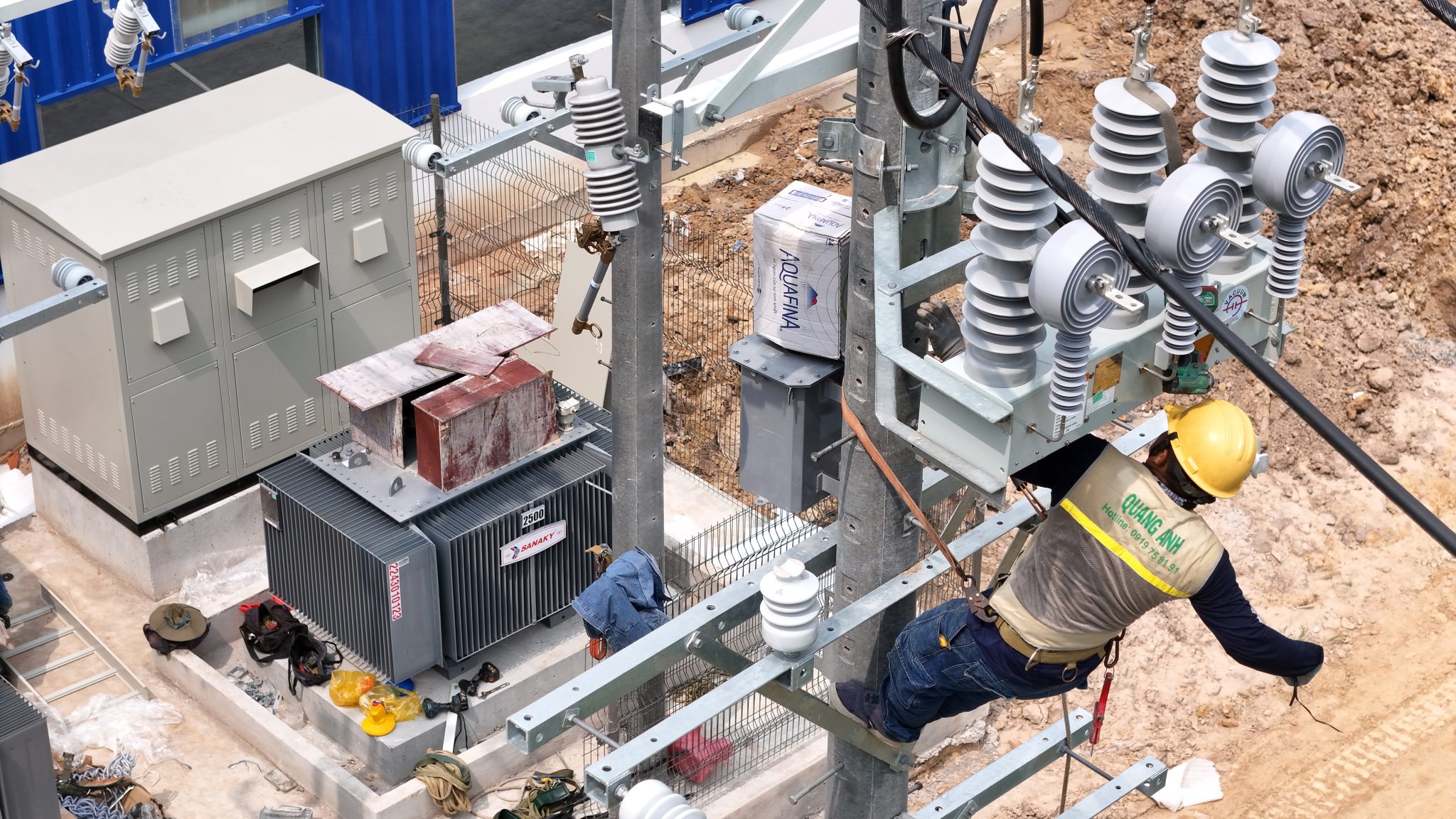
Necessary Certifications and Licenses
One of the important factors that cannot be overlooked is certifications and work licenses. Contractors must possess all legal documents, from safety certificates to certifications of compliance with environmental standards. This not only helps avoid legal risks but also ensures that the work will be carried out to the highest safety and quality standards.
In the field of construction in Vietnam, necessary certifications and licenses are mandatory legal factors for every individual and organization. This ensures construction activities are lawful, safe, and up to quality standards.
1. Construction Practice Certificates for Individuals
A construction practice certificate is a document certifying work capacity in the construction industry, necessary for many roles such as project management director, design leader, supervision advisory, etc. These certificates are classified into three classes: Class I, II, and III, corresponding to different levels of expertise and experience.
- Conditions for issuing certificates:
- Having a university degree or higher in a related field.
- Meeting the required professional experience: For example, Class I requires a minimum of 7 years of experience.
- Having a legal residence or work permit for foreign individuals.
Certificates are issued by the Ministry of Construction for Class I, and by the Department of Construction for Class II and III. The validity is 5 years and can be renewed or upgraded when additional requirements are met.
2. Construction Capacity Certificates for Organizations
This certificate evaluates an organization’s construction activity capacity in fields like surveying, design, supervision advisory, and construction execution. Construction Capacity Certificates are also classified into Class I, II, and III. The Ministry of Construction issues Class I certificates, while Departments of Construction or professional organizations grant Class II and III.
- Conditions for organizations:
- Must ensure financial and personnel capacity suitable for the registered field of work.
- Having a valid practice license and fully meeting all legal requirements.
In summary, certifications and licenses are the legal foundation that ensures standards and safety in the construction industry. Compliance with current regulations not only helps individuals and organizations operate legally but also strengthens their reputation and the quality of their work.
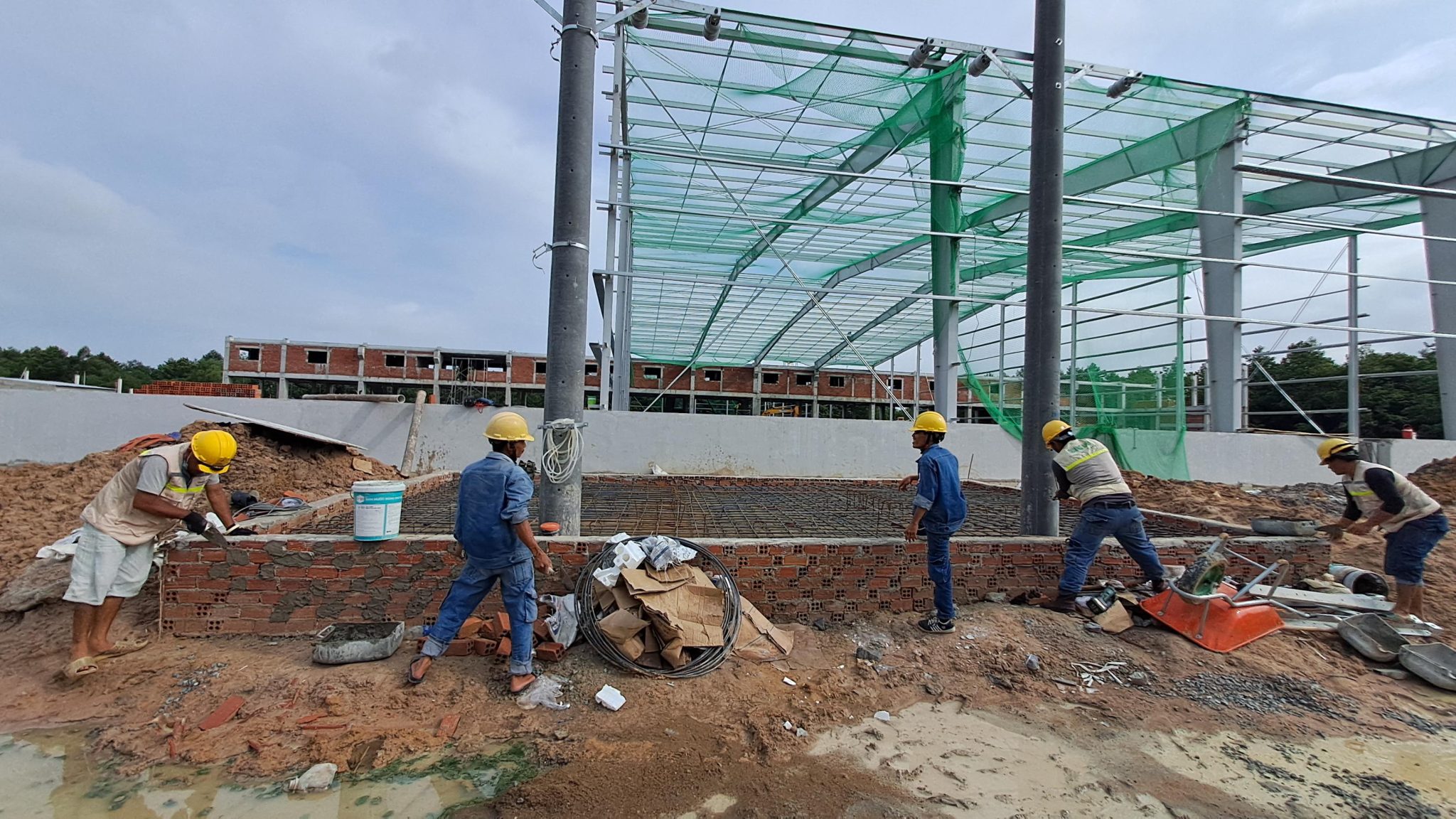
HVAC System Maintenance Services and Quality Commitment
Investors should pay attention to the maintenance services and quality commitments of HVAC contractors. In addition to installing the HVAC system, the ability to provide maintenance services and post-construction support indicates a reliable contractor. This helps maintain system performance, extend equipment lifespan, and ensure any arising issues are promptly addressed.
HVAC System Maintenance Services
HVAC maintenance plays a crucial role in ensuring the system operates at optimal performance. This service includes technical steps like checking, cleaning, and repairing key components such as air filters, blowers, and compressors. Maintenance not only keeps the system efficient but also reduces unnecessary energy consumption and extends equipment lifespan. Regular maintenance is particularly important to minimize sudden outages by detecting and addressing issues promptly, which in turn reduces downtime.
Common processes include:
- Surveying and assessing current equipment status
- Inspecting and cleaning parts like filters, condensers
- Replacing worn-out components
- Checking operational performance post-maintenance
Quality Commitment in HVAC Services
Quality commitment is always an important criterion when evaluating HVAC maintenance services. This is reflected in the use of genuine products and components, ensuring safety and quality for the project. A professional technical team with high skills significantly contributes to ensuring the maintenance and installation processes are performed correctly and on schedule.
Moreover, support from a professional and dedicated technical team and customer service ensures that consultation, repair, or preventive maintenance services are provided in a timely manner. Most importantly, the commitment to safety and energy efficiency not only helps save operational costs but also contributes to environmental protection.
Benefits of Regular Maintenance
Routine maintenance not only ensures air quality, temperature, and humidity but also extends the lifespan of the entire system. This greatly reduces operational disruptions and minimizes major repair costs. A well-maintained HVAC system can maximize energy efficiency, significantly reducing operational expenses.
By adhering to strict maintenance protocols, from project surveying to installation and continuous monitoring, the system is ensured to operate stably with the highest performance.
HVAC maintenance service providers often extend 24/7 support, with genuine parts always available, aiming to optimize operational time and save costs for businesses.
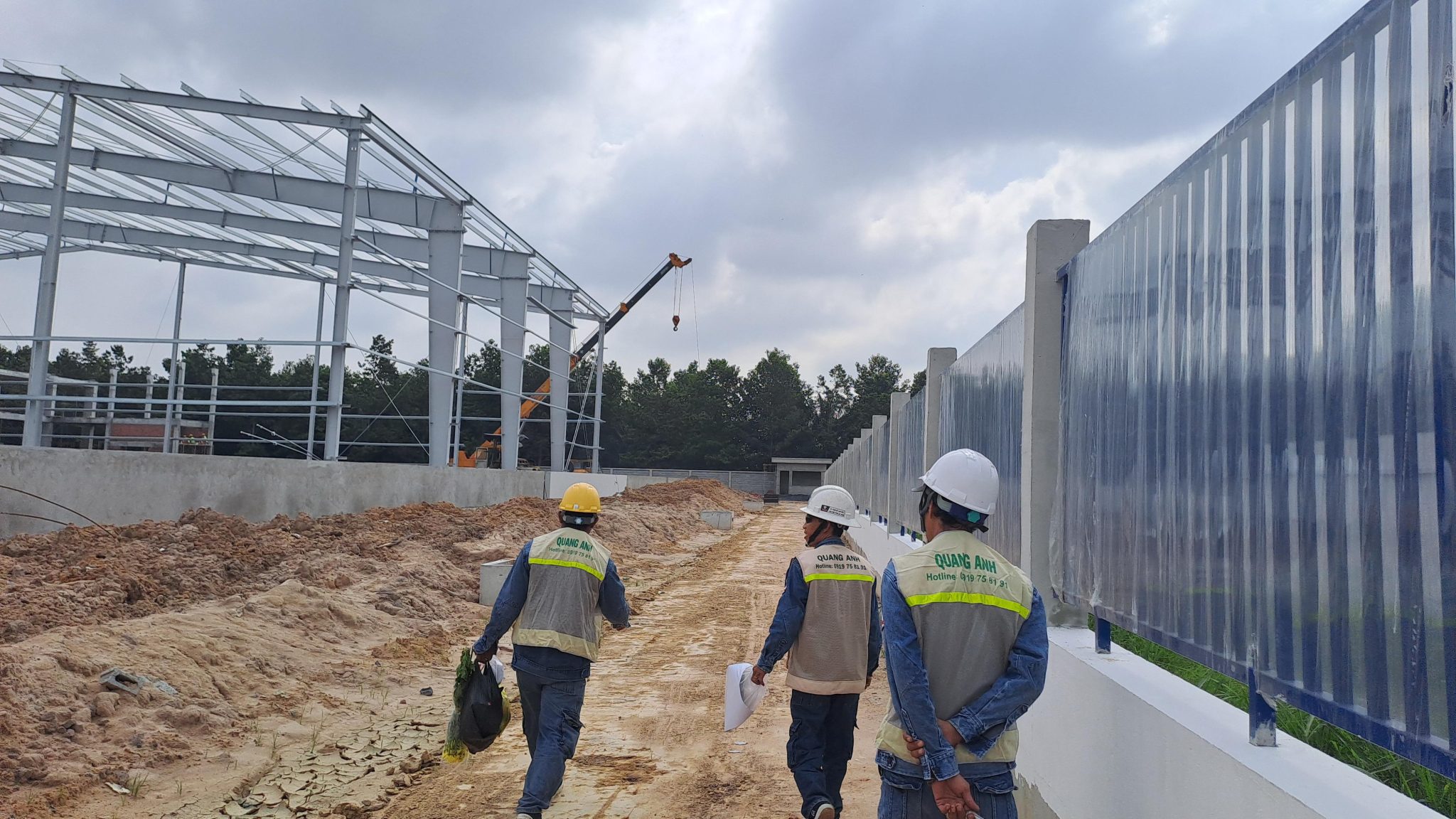
Cost and Transparency in Construction and Real Estate
Cost and Transparency in Construction and Real Estate
Reasonable pricing and transparency in quoting are essential when selecting an HVAC contractor. Investors should not choose solely based on the lowest price, as it may lead to poor construction quality, affecting the entire project. Conversely, excessively high prices can disadvantage the project’s finances. Therefore, it is necessary to consider the actual value and quality the contractor provides.
Cost and transparency are two factors increasingly emphasized in the construction and real estate sectors in Vietnam. Under the directive of the Ministry of Construction, market price disclosure and enhanced transparency are prerequisites for stabilizing the market and fostering healthy competition.
Legal regulations on pricing are gradually improving to protect consumer rights and ensure fair competition. The Real Estate Business Law of 2023 has heightened the transparency in announcing price information, legal procedures, and adjusting deposit collection to prevent fraud. However, reports from JLL show that the transparency level of Vietnam’s real estate market is still low.
For the land market, transparent pricing policies are crucial to avoid conflicts of interest and control speculation. The separation of roles among valuation consulting organizations, evaluation boards, and provincial People’s Committees is gradually forming an objective counter-argument and inspection mechanism, making the valuation process more transparent.
In residential construction, a transparent bidding quote helps customers better understand factors affecting price, such as materials, construction area, and construction skills. This helps prevent low prices that conceal quality risks. In localities like Dak Lak, publicizing building material prices has stabilized the market and curbed price manipulation. To achieve this goal, further clarification and enhancement of the roles of independent valuation organizations are needed to ensure that all processes are transparent to customers.
By implementing these measures, costs and transparency will help Vietnam’s construction and real estate sectors develop sustainably, create conditions for healthy competition, and protect consumer rights.
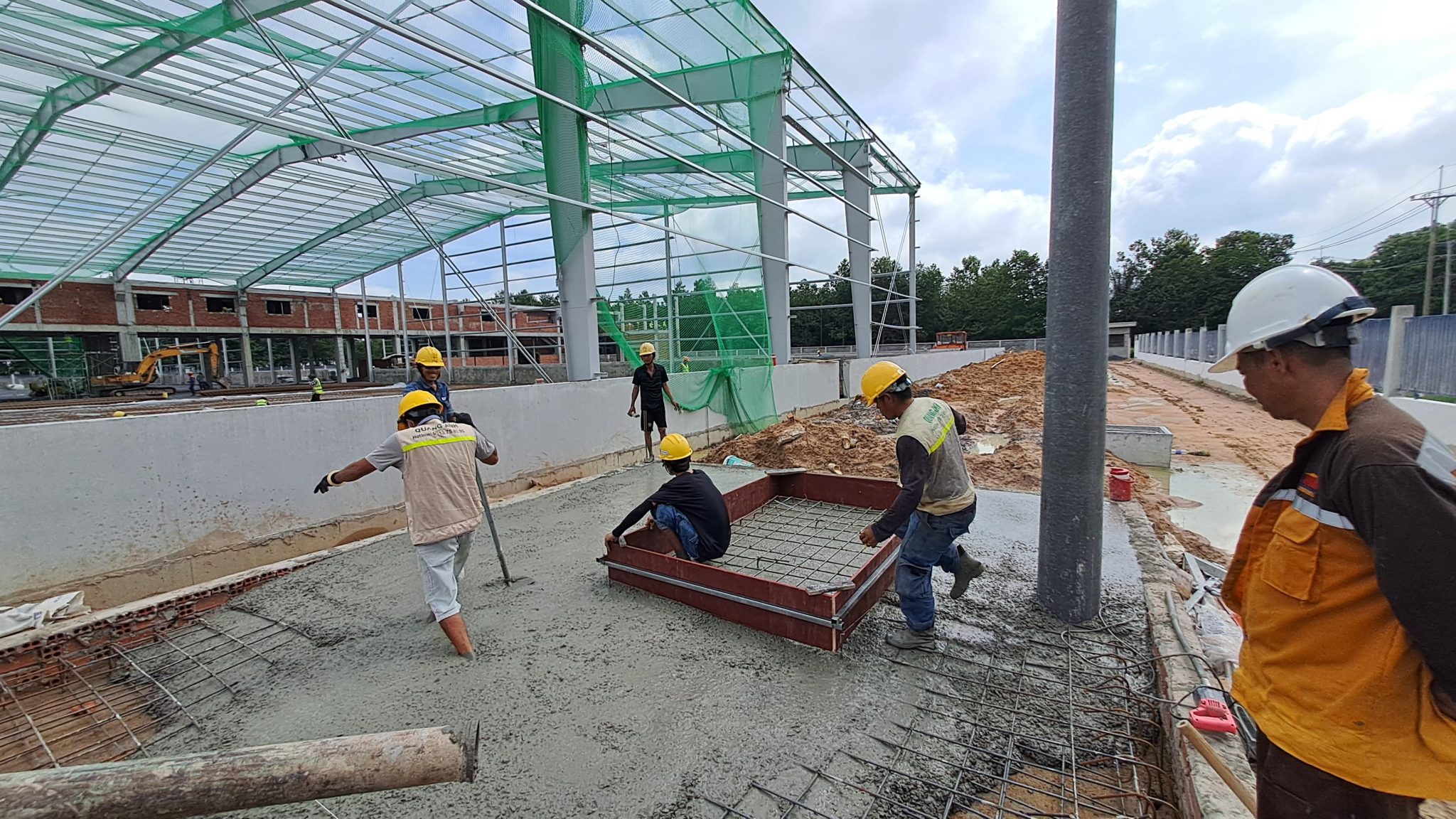
Compliance with Bidding Process
The process of selecting an HVAC contractor must comply with the Bidding Law 2023. Investors need to carry out steps from preparing documents, organizing bidding, evaluating bids, to contract negotiation. This process helps optimize contractor selection and ensures all parties comply with legal regulations, minimizing risks and protecting the investor’s rights throughout the project implementation.
The bidding process is essential to ensuring transparency and efficiency when selecting contractors in construction and energy projects. To ensure the bidding process is properly conducted, the main steps must follow the Bidding Law 2023:
- Preparing to select contractors
- Clearly defining specific requirements, the scale of the package, and the conditions for participating in bidding. Drafting and issuing the Invitation for Bids (IFB) is an important step in this stage, along with registering information on the national bidding network for online tenders.
- Organizing contractor selection
- Receiving bidding documents (bid) or proposal documents (proposal) based on the selected bidding method, such as open bidding or public bidding. The bid opening must be conducted publicly, adhering to the established time and location.
- Evaluating bids/proposals
- Checking eligibility and meeting technical and financial requirements as published in the IFB. This process includes detailed bid evaluation and reporting results, along with contract negotiation if necessary.
- Submitting, appraising, approving, and disclosing results
- The contractor selection results must be presented to the competent authority and disclosed to ensure transparency according to legal regulations.
- Signing and managing contracts
- Both parties must complete the content and sign contracts based on approved results and monitor implementation to ensure progress and quality.
Elements such as transparency in opening the bid and disclosing results, compliance with bidding laws, and the adoption of information technology like online bidding play key roles in this process. Proper execution of the process not only reduces fraud but also builds trust and enhances credibility in investment cooperation.
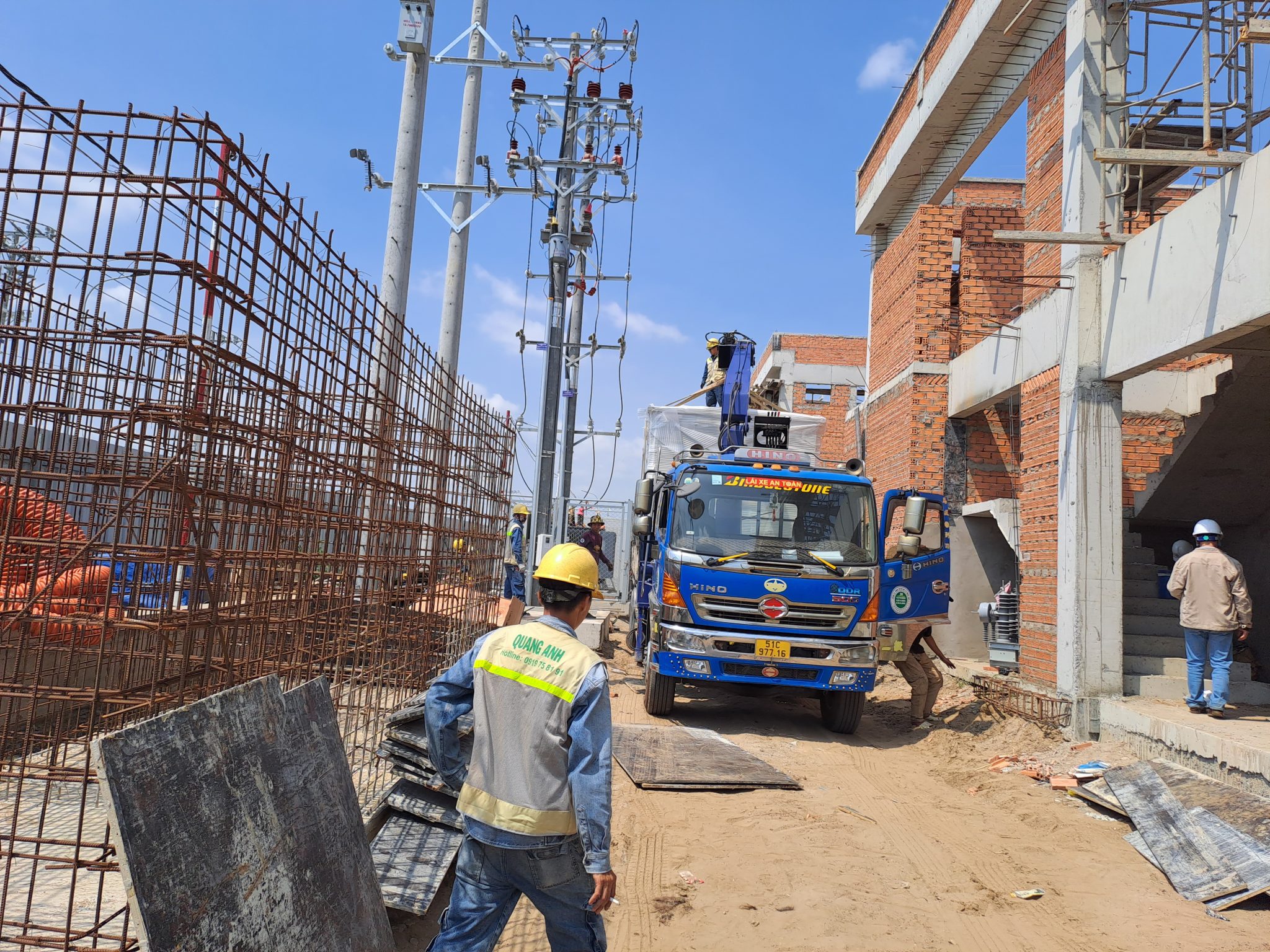
Selecting an experienced and capable HVAC contractor helps ensure the system operates effectively and complies with legal regulations, minimizing financial and legal risks. Criteria such as experience, licenses, and after-sales services are important factors to ensure the project’s long-term success.
Contact QuangAnhcons now for detailed consultation on quality HVAC services. Hotline: +84 9 1975 8191
QuangAnhcons provides comprehensive HVAC services, from design to construction and system maintenance, ensuring safety and efficiency for industrial projects. Our expert team is committed to delivering the most optimal solutions for all your needs.

 Tiếng Việt
Tiếng Việt 简体中文
简体中文 Deutsch
Deutsch 日本語
日本語 한국어
한국어 ไทย
ไทย Русский
Русский Français
Français
